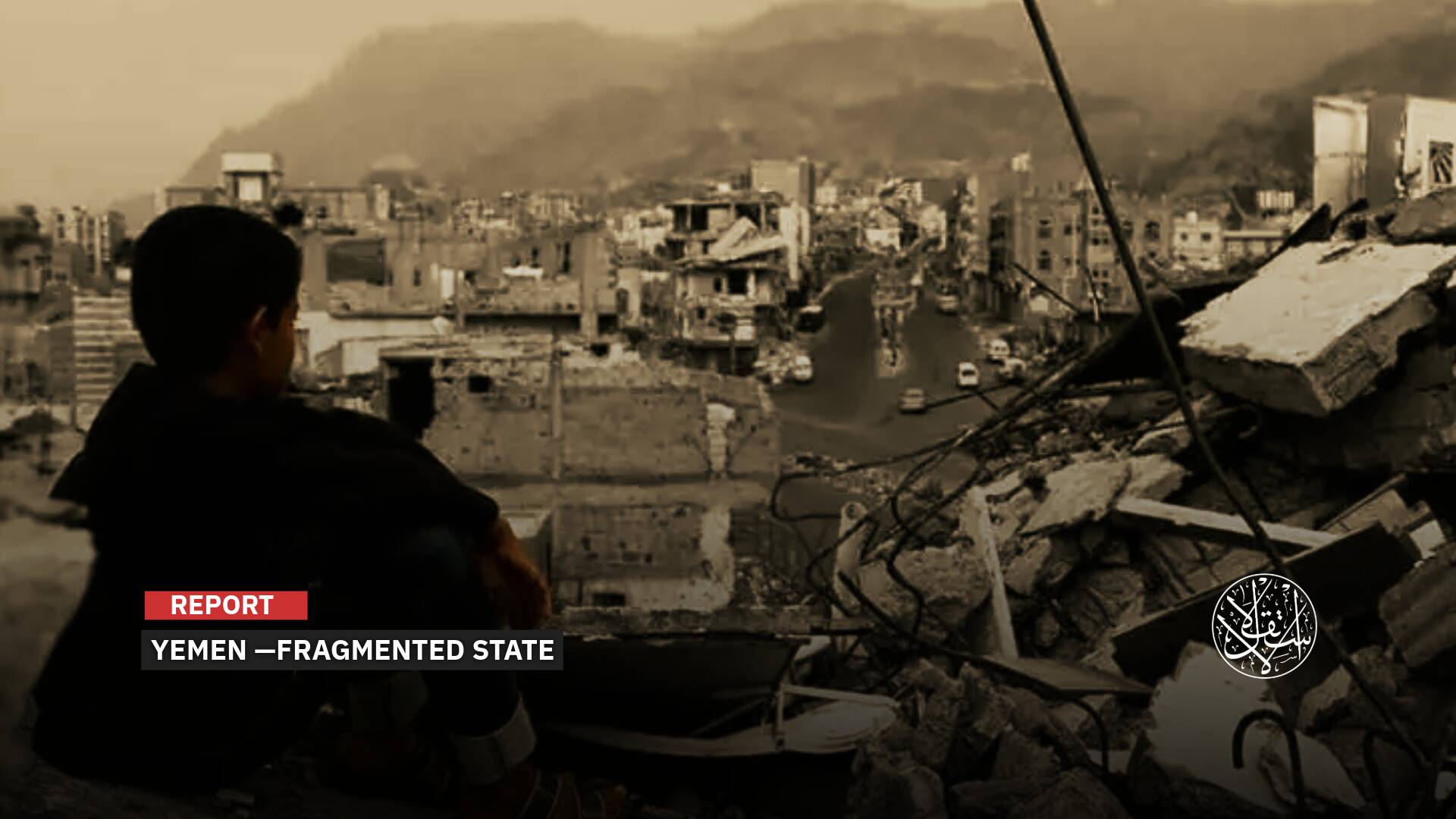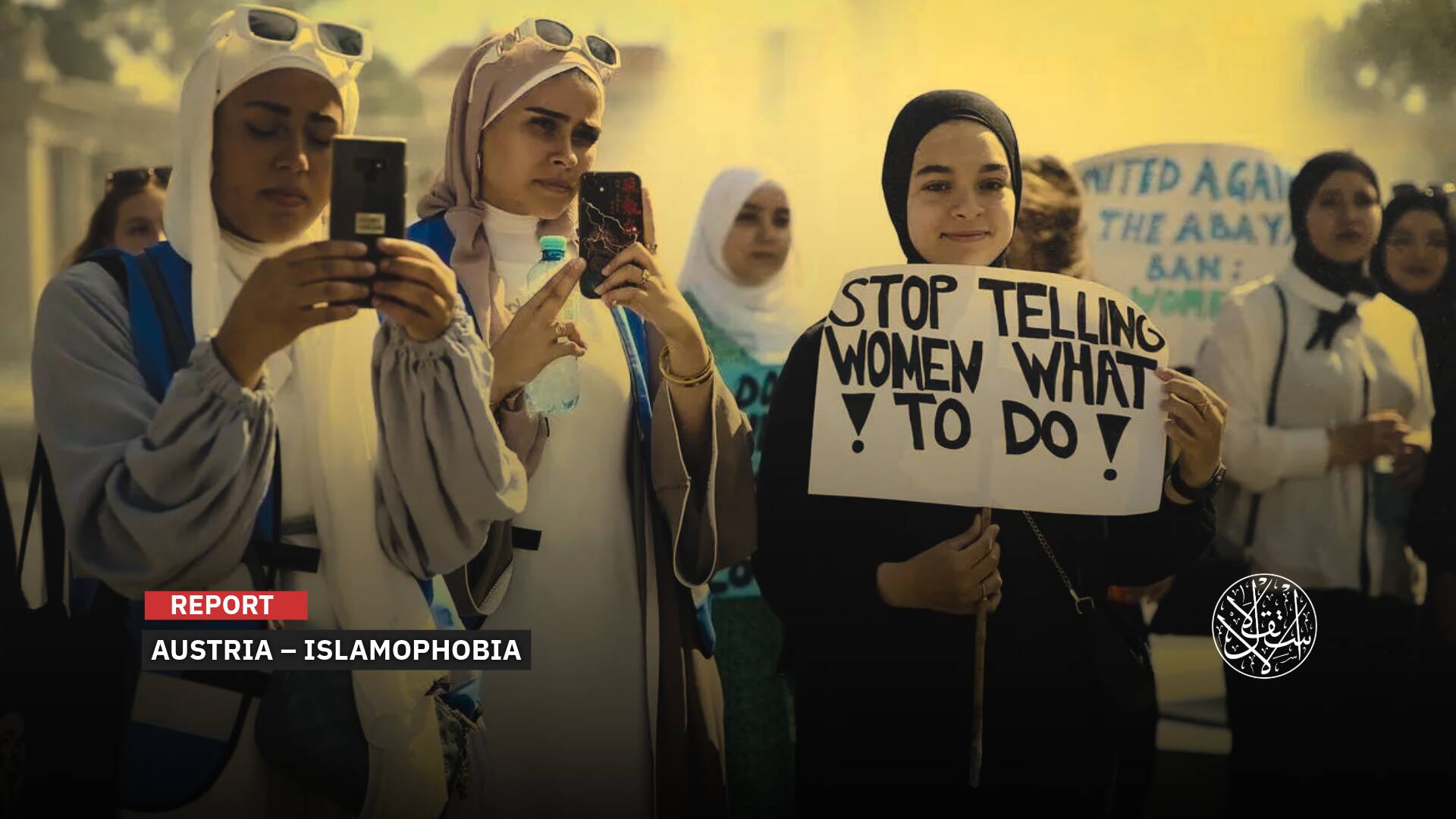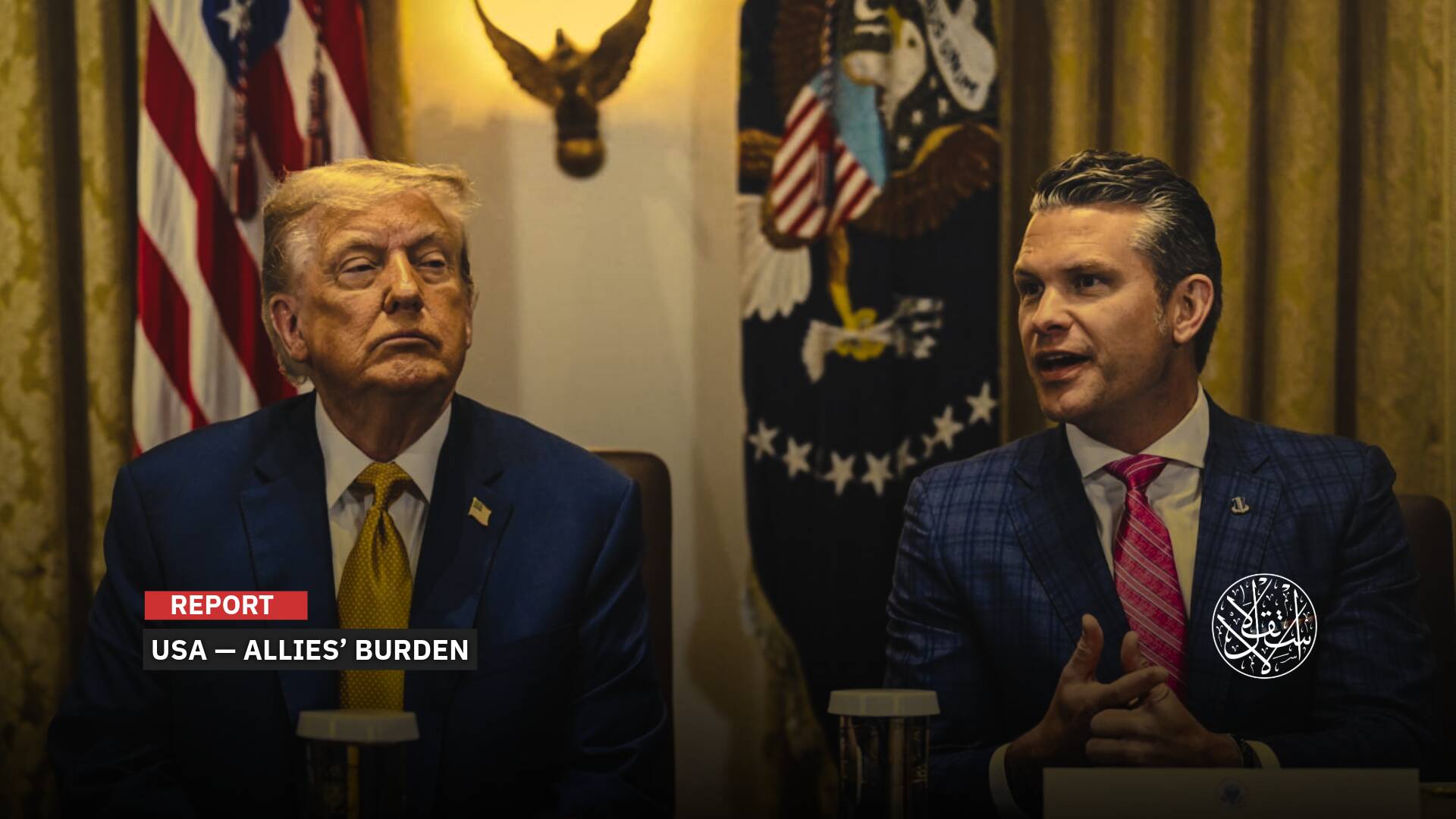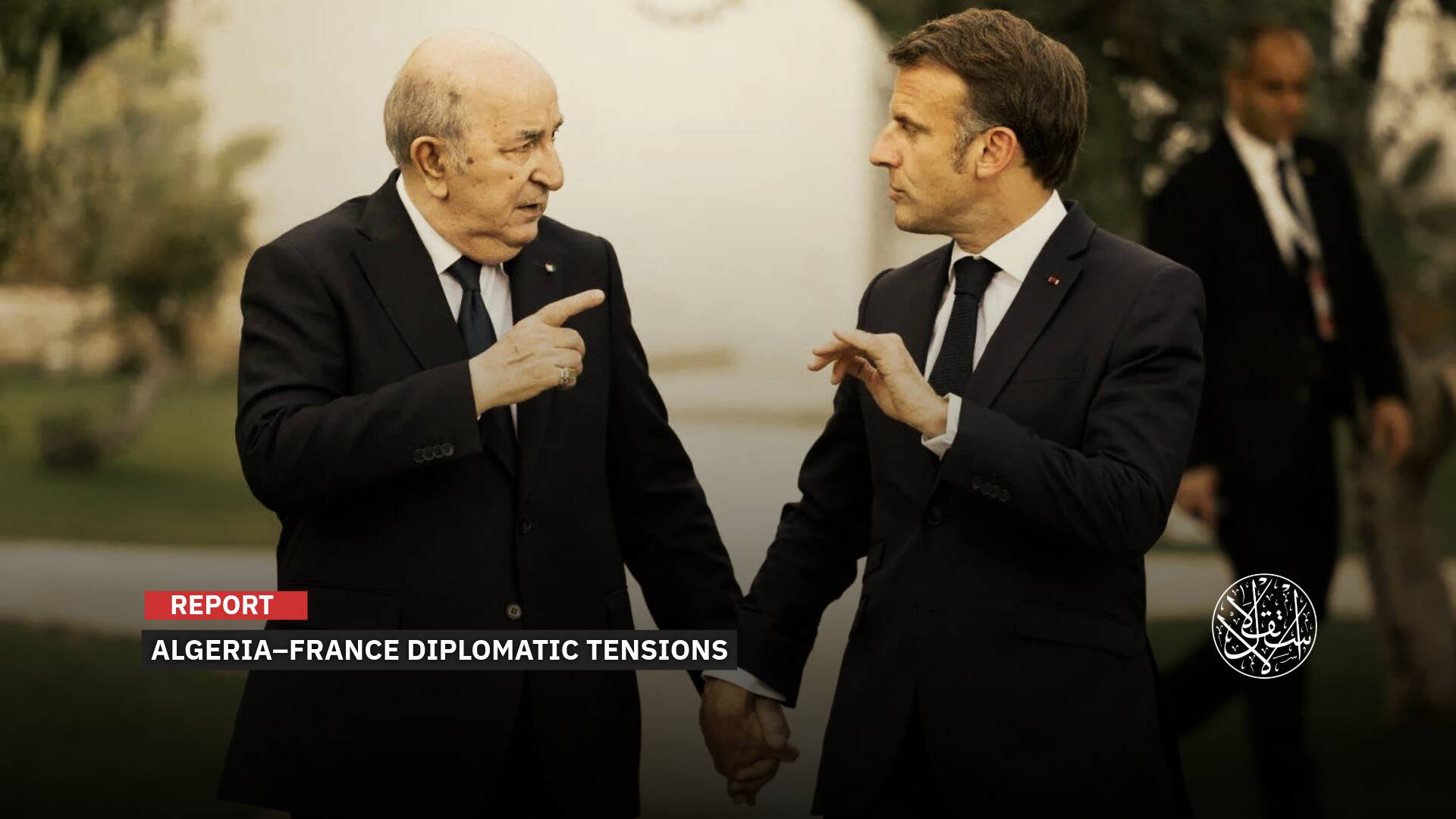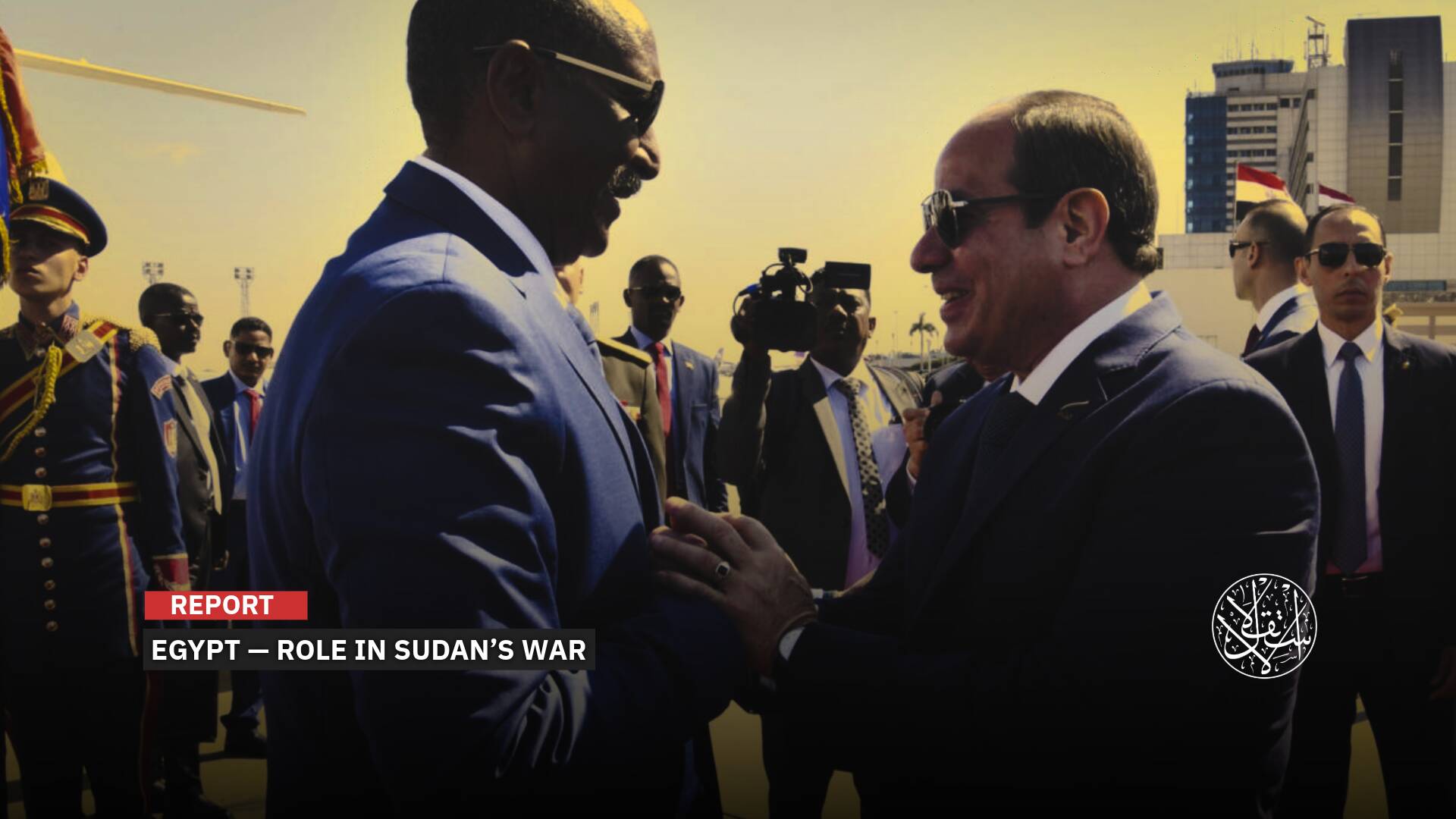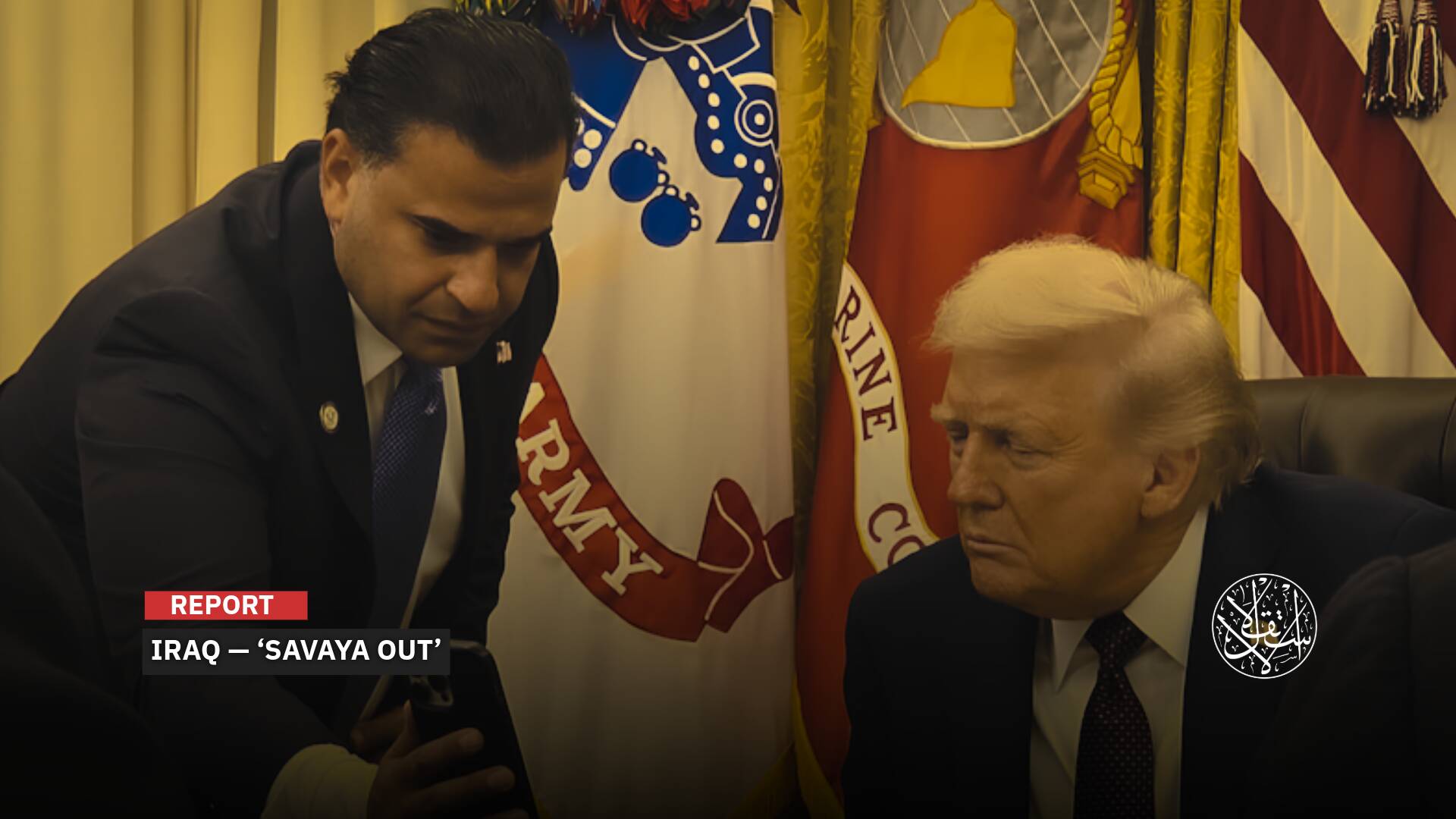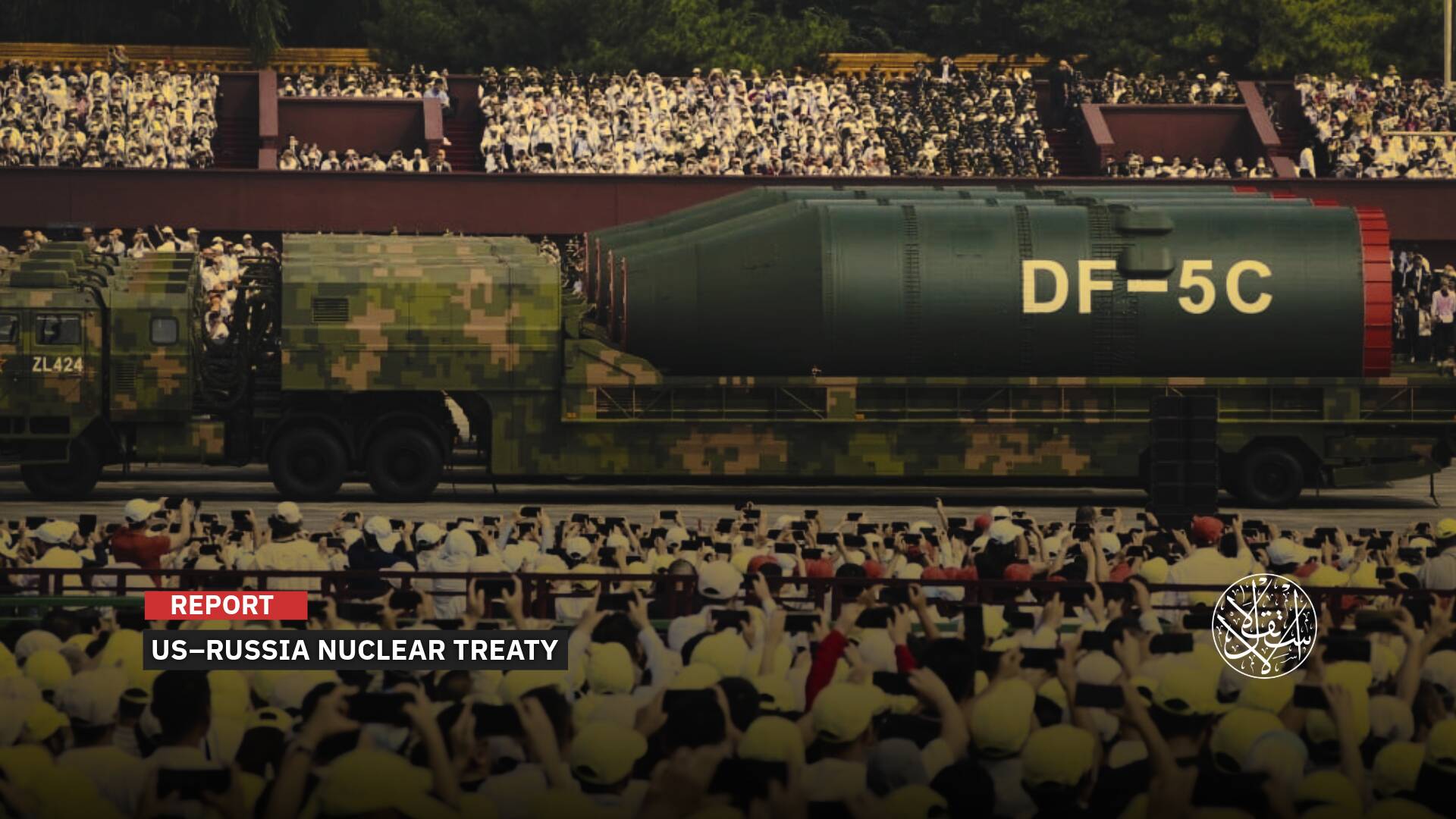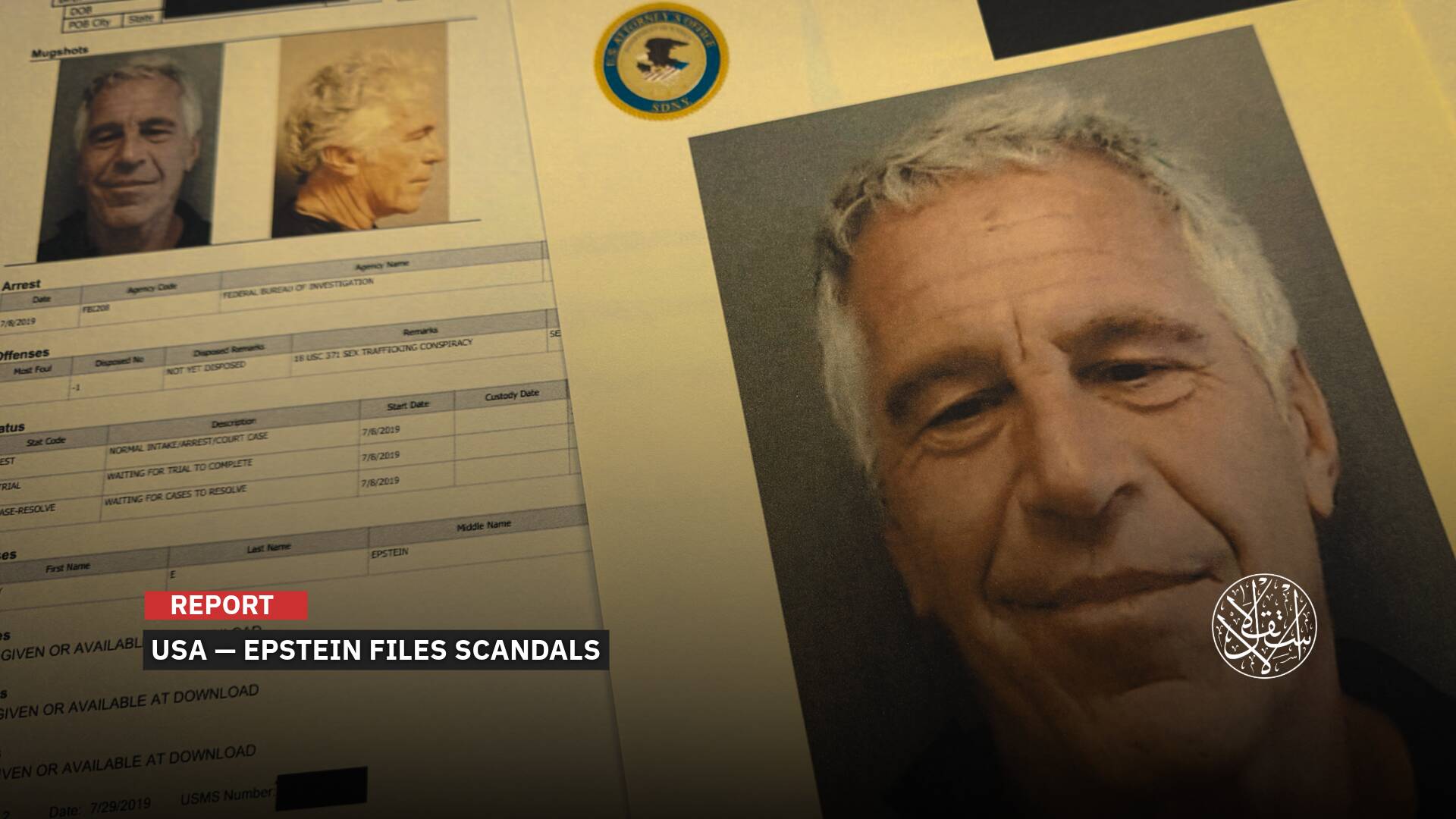Involved in Arrests and Torture: These Are the Secrets of American Support for the OMON Units in Tajikistan

Tajikistan’s human rights violations have become the focus of the international community’s attention. To this day, its residents face restrictions on their basic rights due to government corruption and its systematic violation of the rights of its citizens, which impedes the processes of social and democratic reform in the country.
Al-Estiklal received a copy of the Intelligence Online’s report published on January 5, 2022, revealing that after a two-week visit to Tajikistan, UN Special Rapporteur on Human Rights Defenders Mary Lawlor on December 9 accused the Tajik government of creating a “climate of fear” in the country and harassing dissidents, subjecting some to show trials and imprisoning them.
Last February, the US Ambassador to Tajikistan, John Pommersheim, and Tajikistan’s Deputy Minister of Internal Affairs, Ramazan Rahimzadeh, attended the handover ceremony of a facility set up for the ministry’s OMON gendarmerie-like paramilitary force.

OMON Units
The Intelligence Online report disclosed that OMON is charged with special operations and counter-terrorism and is also involved in arrests, interrogations, and torture of Pamiri civilians. The US Central Command’s Drug Enforcement Program (CENTCOM) provided funding to build the facility.
Last August, Tajikistan’s President Rahmon presented promotions and medals to army officers who managed operations in the Pamir region of the Gorno-Badakhshan Autonomous Region.
During the ceremony, a video showed OMON soldiers searching the bodies of killed Pamiri men deemed as “terrorists,” and putting weapons on their bodies to take pictures, which human rights defenders opposed.
That same month, Pommersheim visited Gorno-Badakhshan to attend the Pamir-Invest Forum and met with the province’s governor “to discuss areas of bilateral cooperation,” in the words of the US embassy.
Pommersheim also established a friendly relationship with Tajik General Saimumin Yatimov, who has headed the state apparatus of national security since 2010 and is considered one of the most powerful people in the country. Yatimov worked during his career in various fields, including education, but a leaked cable from the US State Department in 2005 described him as a “professional KGB officer.”
Pommersheim relied on his deputy, John Ginkel—an expert on Afghanistan and counter-terrorism, who headed the State Department’s Bureau of Afghan Affairs and served on the US Embassy’s counternarcotics task force—until September 2021 before being replaced by Bridgette Walker, former employee of the US State Department’s Bureau of Intelligence and Research who served in Baku, Alexandria, and Lebanon.
While he was ambassador, the United States provided assistance to Yatimov’s border forces, receiving in November 2021 Jeep cars worth nearly $1 million and in March last year trucks, radios, and spare parts worth $1.1 million.

Human Rights Violations
According to the US State Department’s report on human rights in Tajikistan, the country’s citizens are denied many rights and do not have the power to change their system of government. The report affirmed that this is true, especially in the case of prisoners, as they were stripped of their most basic rights, and some reports spoke of prisoners and detainees being subjected to torture, threats, and violence at the hands of the security forces, due to their ability to act as they wish and to obtain immunity.
Not to mention the denial of fair trials and harsh and life-threatening prison conditions, in addition to the denial of international access to prisons in Tajikistan. Pre-trial detention is usually too long, the court has too much control over trial procedures, prisons are overcrowded, and the incidence of tuberculosis and malnutrition is high among prisoners.
Other restrictions were also imposed on the media, freedom of expression, freedom of association, and freedom of belief, in addition to the legalization of political opposition. Difficulties in registering and obtaining a visa were noted, as well as problems of violence, discrimination against women, human trafficking, and child labor. The country was also reported to be a source and transit point for human trafficking activities
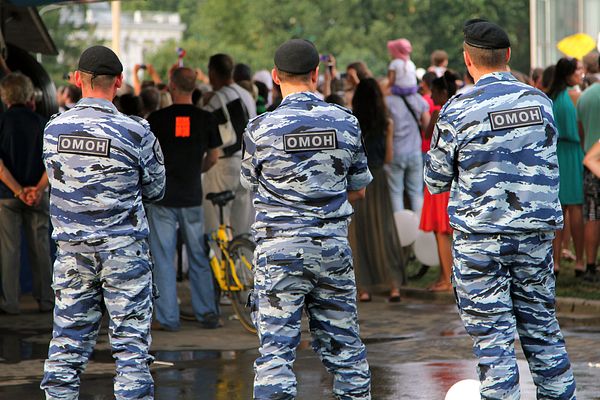
US Support
Last year, Tajikistan’s Ministry of Internal Affairs reached out to Tajik embassies to request Interpol’s assistance in arresting members of the Pamiri ethnic group who had fled the country without evidence of crime or violence.
In April, the Pamiri leader Amriddin Alovatshoyev was sentenced to 18 years in prison after a trial that lasted only a few hours, three months after his extradition from Russia.
Nevertheless, before leaving office in early December, the US Ambassador to Tajikistan, John Mark Pommersheim managed to strengthen security cooperation between Tajikistan and the United States over the past three years. During his tenure, Pommersheim repeatedly provided information and financial support to the Tajik army.
On October 19, the US Embassy also participated in the Conference on International and Regional Cooperation for Border Security, Combating Terrorism and Preventing the Movement of Terrorists.
On August 10, Pommersheim participated in welcoming the participants of the 22nd Regional Cooperation Program in Dushanbe, where military personnel from the United States, Tajikistan, Kazakhstan, Kyrgyzstan, Mongolia, Pakistan, and Uzbekistan conducted anti-terrorism exercises. The United States and Tajikistan also conducted separate bilateral exercises for RCP 22.
The Tajik Ministry of the Interior controls the police, is primarily responsible for public order, and oversees several national security agencies. Pommersheim has strengthened the ministry’s cooperation with the United States.
Since January 2019, Pommersheim has worked with President Emomali Rahmon—ruler for 28 years—to strengthen cooperation with the country’s military and intelligence services.
In June 2021, the US Embassy and the Department of Home Affairs held an opening ceremony for five community policing stations funded by the US State Department’s Bureau of International Narcotics Control and Law Enforcement Affairs.
Within the framework of protecting its geopolitical interests—which include the Afghan file and confronting Chinese and Russian activities in Central Asia—Washington seeks to expand its presence in Tajikistan and strengthen its cooperation with the regime there.


